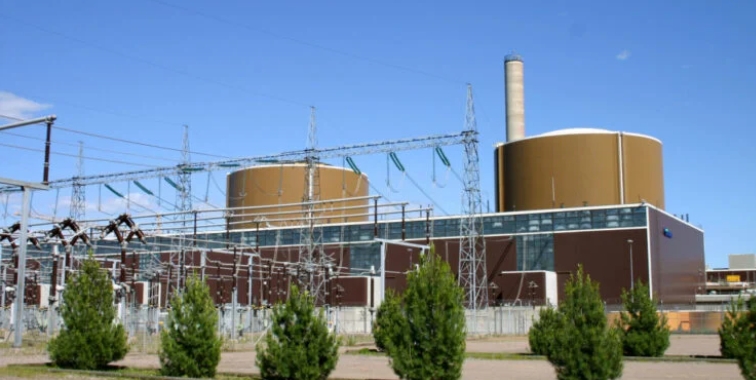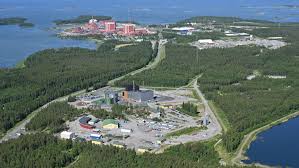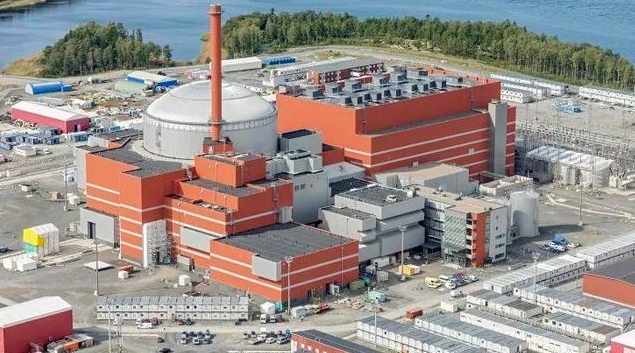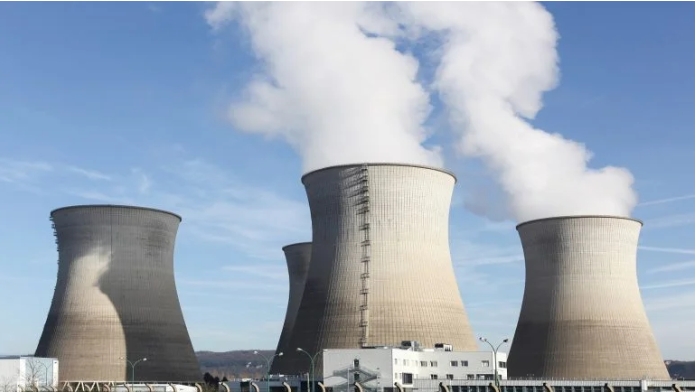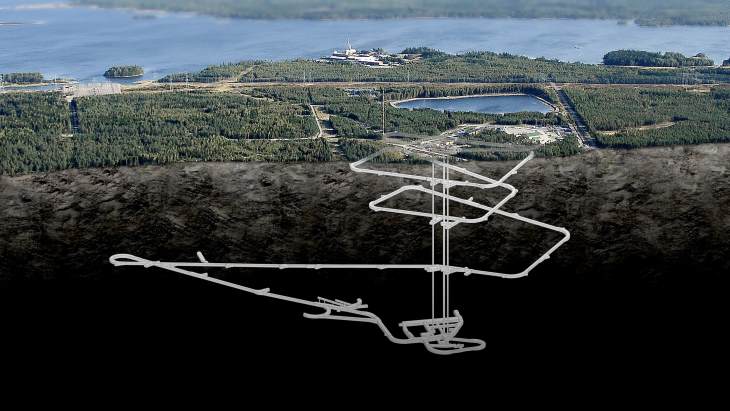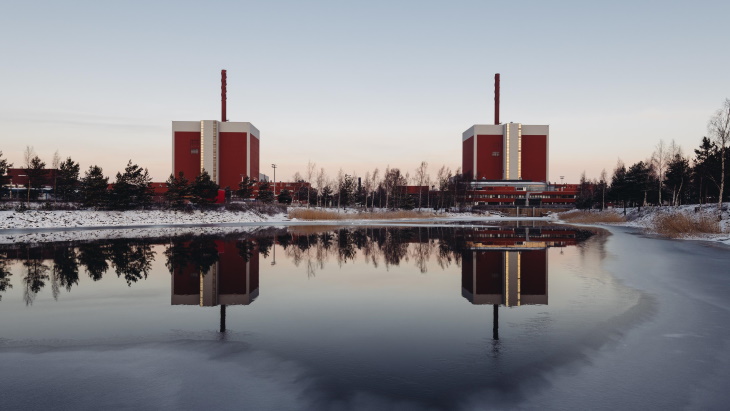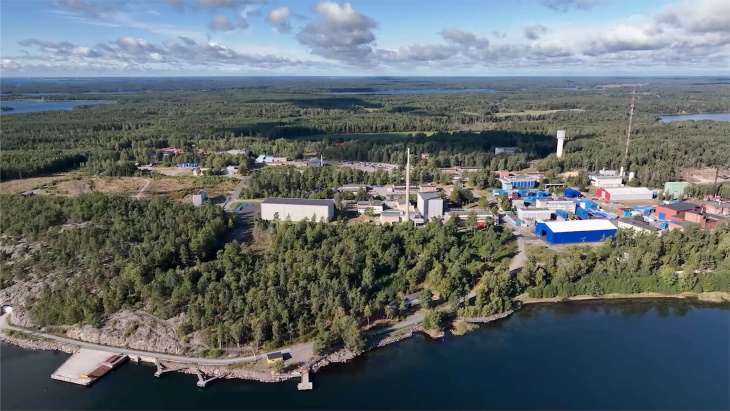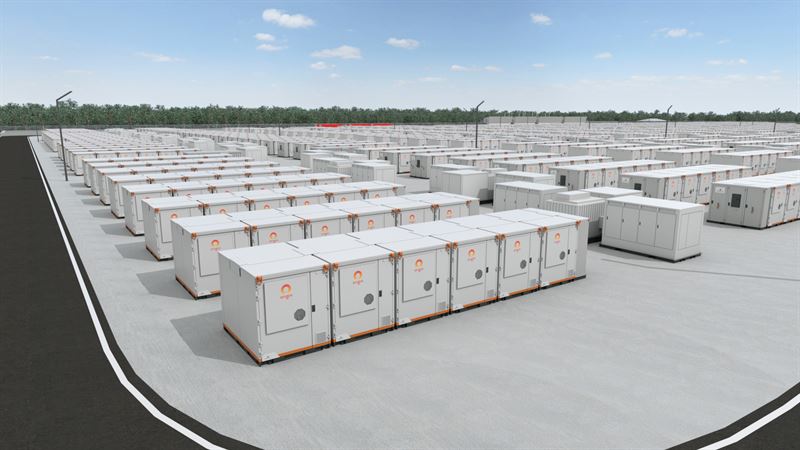
Work is set to begin “within weeks” on a large-scale battery energy storage system (BESS) project at the site of a coal power plant in New South Wales, Australia.
Utility company Origin Energy said today (20 April) that it has taken the final investment decision in favour of the first stage of a plan to replace the 2,880MW Eraring Power Station black coal power plant with a combination of new energy resources.
With a procurement process begun in 2021 now concluded, and with key contractor and supplier deals in place, work is set to begin shortly, the company said.
In early 2022, Origin said it would be closing Eraring in 2025, after nearly 40 years of operation. That brought forward its planned retirement date by seven years, with the energy generator-retailer citing that coal is simply not economically competitive enough in the National Electricity Market (NEM).
Eraring is the only coal power plant in Origin’s portfolio and over the years has met around a quarter of New South Wales’ electricity demand. Like many other coal power plants around Australia, which need to be retired for economic reasons as well as environmental and climate concerns, plans for its replacement have been a keen area of debate.
In a plan presented to investors about a year ago, Origin executives had said the gap left by Eraring will be filled by:
Large-scale BESS, built in two stages: today’s announced first stage will be 460MW/920MWh (2-hour duration), with a further 240MW Stage 2 to come later. Origin has said it could later expand the BESS plant to 700MW/2,880MWh, bringing up the output drastically and increasing to 4-hour duration.
Origin’s virtual power plant (VPP): made up of aggregated distributed energy resources (DERs), it currently comprises around 200MW of assets under control, to be expanded to 2GW.
Thermal power plant balancing: Origin’s existing fleet of 3GW of thermal peaking capacity (natural gas) power plants.
“We are pleased to make this significant capital investment in Origin’s first major battery project to support the growth in renewable energy that’s occurring across the NEM, together with the expansion of our own portfolio of renewable energy developments,” Origin CEO Frank Calabria said.
Project will be Wärtsilä’s biggest BESS deal to date
Wärtsilä has been selected as preferred contractor to deliver the 460MW/920MWh Stage 1 BESS. Signing an engineering equipment delivery (EED) contract with Origin, Wärtsilä cited the value of the equipment deal as being just over €300 million (US$329 million), while Origin cited the total investment value of the Stage 1 BESS buildout at around AU$600 million (US$403.24 million).
When the order is booked in Q3 of this year as Wärtsilä anticipates, it will be the Finnish company’s single biggest BESS deal to date.
“Eraring is a strategic site with high quality connection infrastructure enabling us to deliver energy into major demand centres. Development of the Eraring battery is a key next step as we look to transform the Eraring site for the future, given our intention to exit coal-fired generation by as early as August 2025,” Origin Energy head of supply and operations Greg Jarvis said.
Wärtsilä said the BESS will participate in the NEM, which is being redesigned to accommodate the growth of new resources, particularly solar PV and energy storage. It will perform applications including intraday energy arbitrage and frequency control ancillary services (FCAS), while it will also provide some firming capacity for Origin’s retail customers, and be future-proofed to be able to provide inverter-based grid-forming capabilities at a later date.
As with all Wärtsilä large-scale projects, it will utilise the company’s GridSolv Quantum modular BESS solution and GEMS Digital Platform for energy management and dispatch.
Design and construction of the Stage 1 BESS will be provided by Australian company Enerven, a subsidiary of South Australia electricity distribution network provider SA Power Networks.
According to statistics produced by Australia’s national trade group the Clean Energy Council, there were more than 2GWh of large-scale BESS projects under construction in the country as of the end of 2022, nearly double the figure from the end of the previous year.
